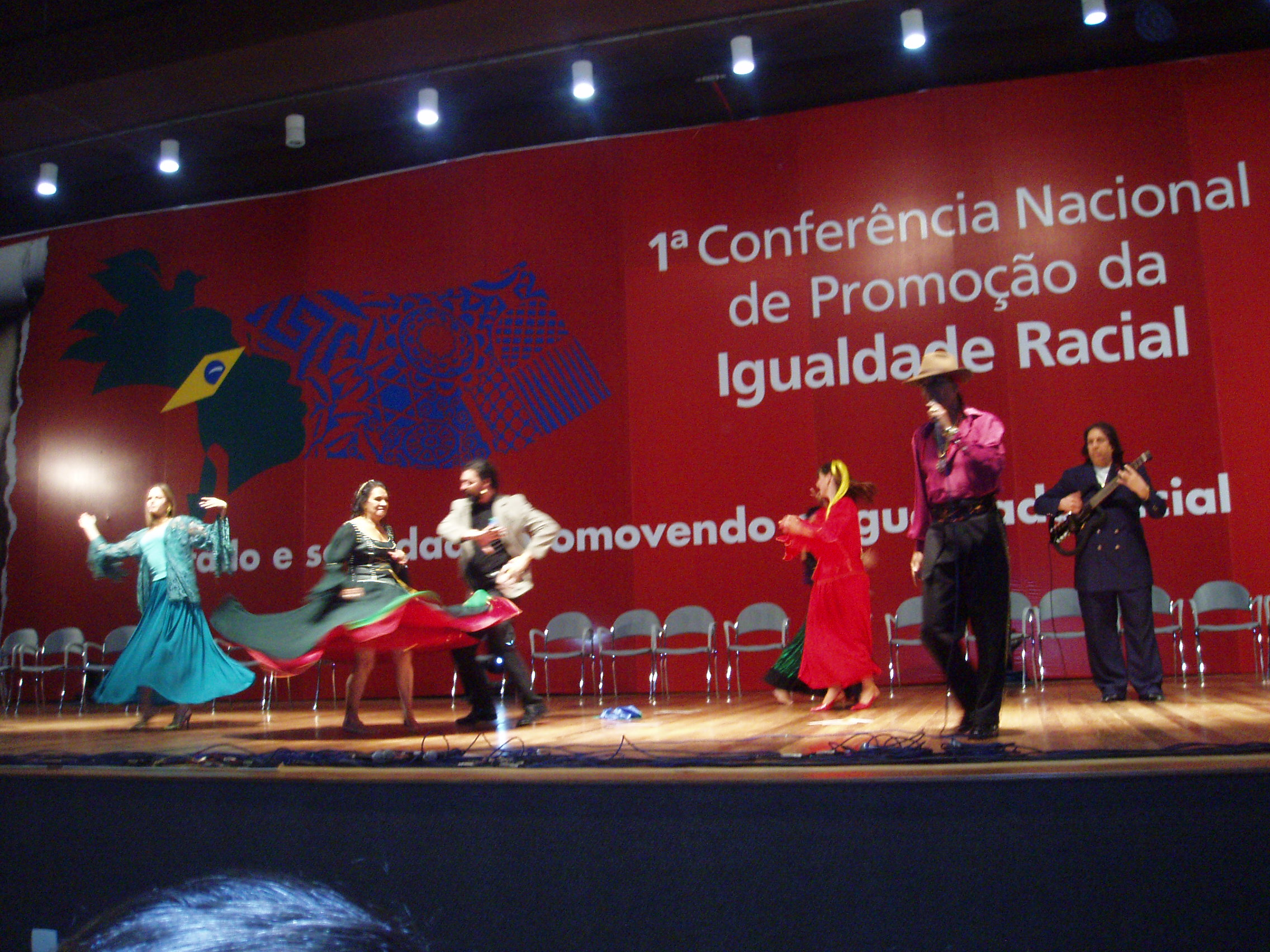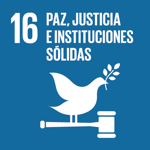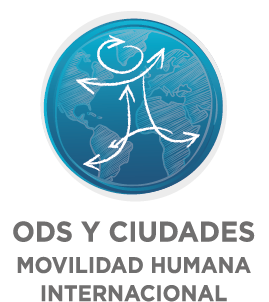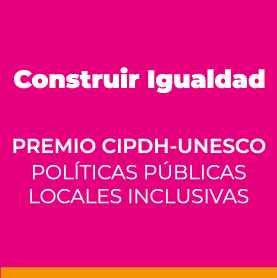
- Region
- Latin America and the Caribbean
- Range of Demographic Size
- 1,000,000 inhabitants or more (metropolis)

16.1 Significantly reduce all forms of violence and related death rates everywhere.
16.2 End abuse, exploitation, trafficking and all forms of violence against and torture of children.
16.3 Promote the rule of law at the national and international levels and ensure equal access to justice for all.
16.4 By 2030, significantly reduce illicit financial and arms flows, strengthen the recovery and return of stolen assets and combat all forms of organized crime.
16.5 Substantially reduce corruption and bribery in all their forms.
16.6 Develop effective, accountable and transparent institutions at all levels.
16.7 Ensure responsive, inclusive, participatory and representative decision-making at all levels.
16.8 Broaden and strengthen the participation of developing countries in the institutions of global governance.
16.9 By 2030, provide legal identity for all, in particular, by means of birth registration.
16.10 Ensure public access to information and protect fundamental freedoms, in accordance with national legislation and international agreements.
16.a Strengthen relevant national institutions, including through international cooperation, for building capacity at all levels, in particular in developing countries, to prevent violence and combat terrorism and crime.
16.b Promote and enforce non-discriminatory laws and policies for sustainable development.
• Inter-American Convention on the Elimination of all Forms of Discrimination Against Persons with Disabilities
Universal Declaration of Human Rights (UDHR).
International Covenant on Civil and Political Rights (ICCPR).
International Covenant on Economic, Social and Cultural Rights (ICESCR).
Summary
The purpose of the Policy for the Promotion of Racial Equality is to reduce inequalities and combat racism, in particular for Black people and in the city of Guarulhos. Other racial and ethnic population segments have been included in the Policy for the Promotion of Racial Equality: traditional peoples and communities (indigenous, Roma, African matrix) and, more recently, migrants and refugees.
Implementation Date:
Start: 06 / 8 / 2009
End: End: Currently in force
- Email: igualdaderacial@guarulhos.sp.gov.br
- Web: https://www.guarulhos.sp.gov.br/igualdade-racial
- Telephone: (Español) + 55 11 2409-6843
- Social Network:
Instrumentos

16.1 Significantly reduce all forms of violence and related death rates everywhere.
16.2 End abuse, exploitation, trafficking and all forms of violence against and torture of children.
16.3 Promote the rule of law at the national and international levels and ensure equal access to justice for all.
16.4 By 2030, significantly reduce illicit financial and arms flows, strengthen the recovery and return of stolen assets and combat all forms of organized crime.
16.5 Substantially reduce corruption and bribery in all their forms.
16.6 Develop effective, accountable and transparent institutions at all levels.
16.7 Ensure responsive, inclusive, participatory and representative decision-making at all levels.
16.8 Broaden and strengthen the participation of developing countries in the institutions of global governance.
16.9 By 2030, provide legal identity for all, in particular, by means of birth registration.
16.10 Ensure public access to information and protect fundamental freedoms, in accordance with national legislation and international agreements.
16.a Strengthen relevant national institutions, including through international cooperation, for building capacity at all levels, in particular in developing countries, to prevent violence and combat terrorism and crime.
16.b Promote and enforce non-discriminatory laws and policies for sustainable development.
• Inter-American Convention on the Elimination of all Forms of Discrimination Against Persons with Disabilities
Universal Declaration of Human Rights (UDHR).
International Covenant on Civil and Political Rights (ICCPR).
International Covenant on Economic, Social and Cultural Rights (ICESCR).
Location
- Region
- Latin America and the Caribbean
- Range of Demographic Size
- 1,000,000 inhabitants or more (metropolis)
Contact details
- Email: igualdaderacial@guarulhos.sp.gov.br
- Web: https://www.guarulhos.sp.gov.br/igualdade-racial
- Telephone: (Español) + 55 11 2409-6843
- Social network:



